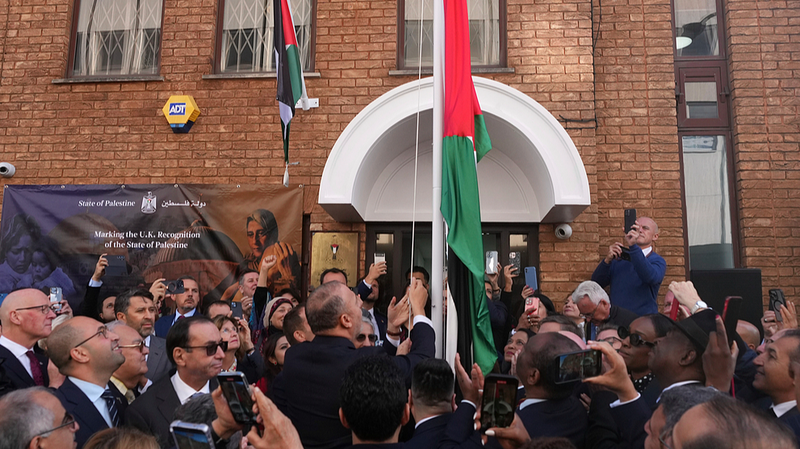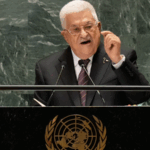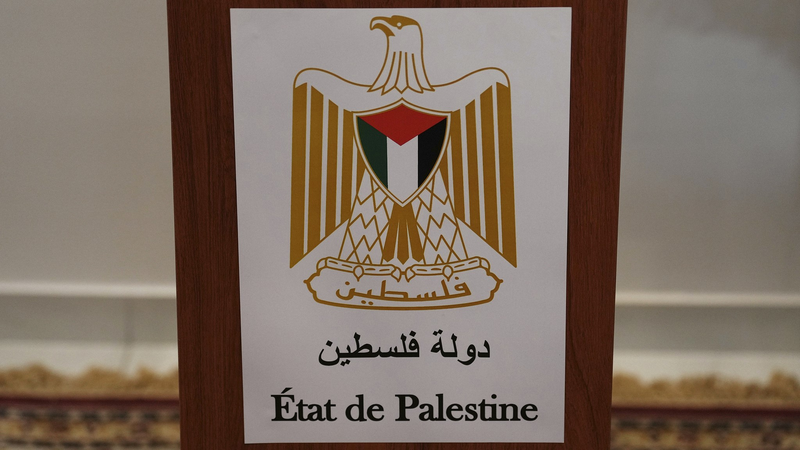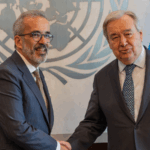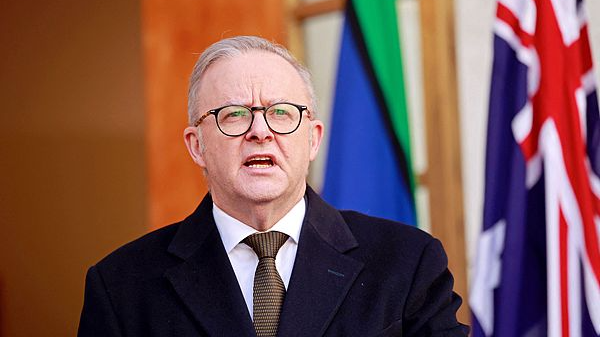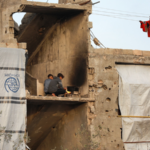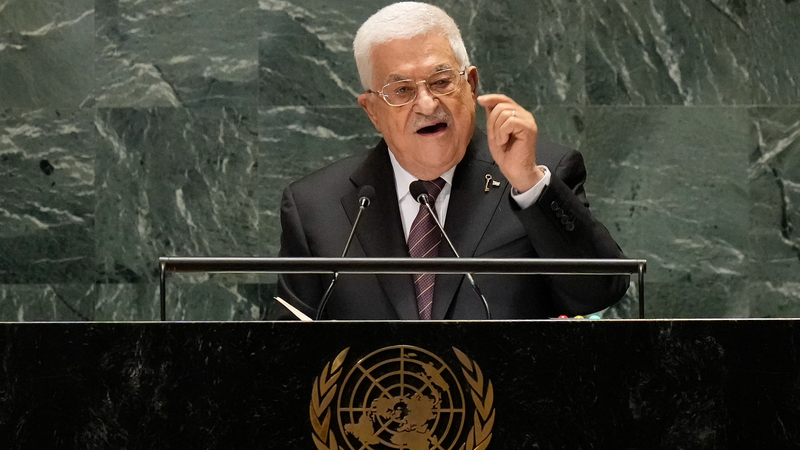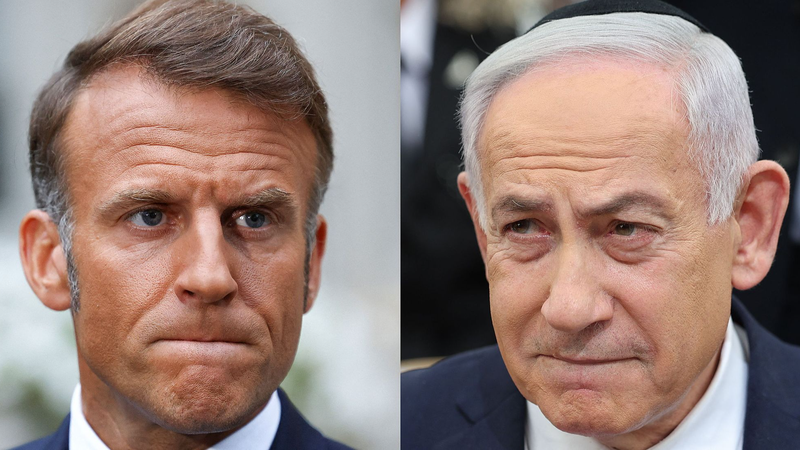As a France-Saudi Arabia-led summit convenes this week, momentum grows for additional countries to recognize Palestinian statehood. This follows recent moves by Australia, Britain, Canada, and Portugal – developments that have drawn sharp criticism from Israel. But what does this diplomatic shift mean for Palestinians' aspirations and regional dynamics?
The Statehood Landscape
Since the Palestine Liberation Organization's 1988 declaration of independence, approximately 150 UN member states have recognized Palestine. However, its UN observer status falls short of full membership, which requires Security Council approval – a process historically blocked by U.S. veto power.
The Palestinian Authority (PA), governing parts of the Israeli-occupied West Bank, manages diplomatic missions and civil services under President Mahmoud Abbas. Yet its authority remains fractured, with Hamas controlling Gaza since 2007 following clashes with Abbas's Fatah movement.
Diplomatic Practicalities
While recognition could upgrade existing Palestinian offices to embassies, physical embassy construction faces hurdles. Israel controls access to Palestinian territories, and most nations maintain consulates in Ramallah or East Jerusalem – areas Palestinians claim as their future capital. Israel considers Jerusalem its undivided capital, though most embassies remain in Tel Aviv.
Analysts suggest increased recognition strengthens Palestinian claims in international forums but doesn't immediately alter ground realities. The path to viable statehood remains intertwined with security arrangements, border disputes, and reconciliation between Palestinian factions.
Reference(s):
What would wider recognition of Palestine mean for Palestinians?
cgtn.com
